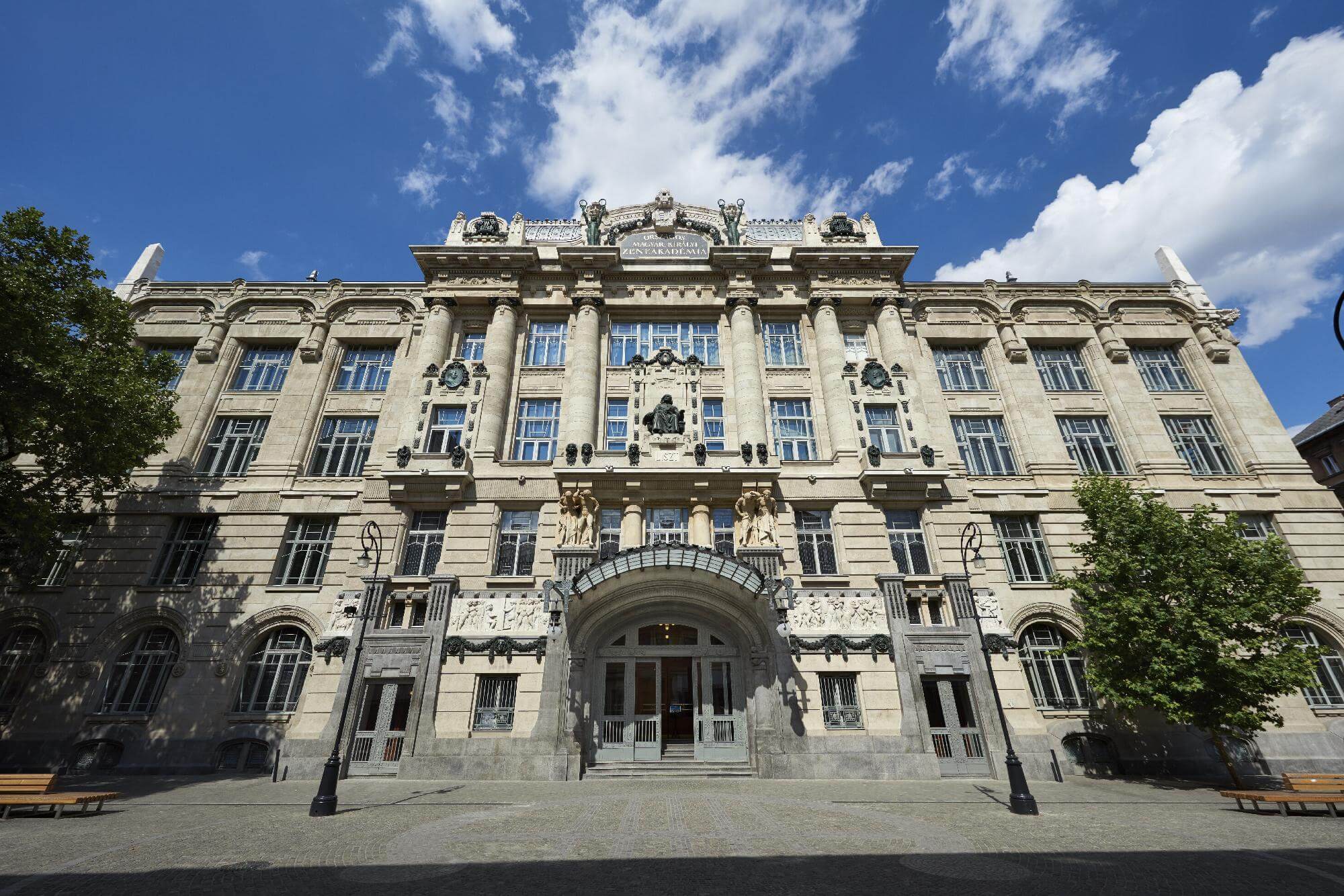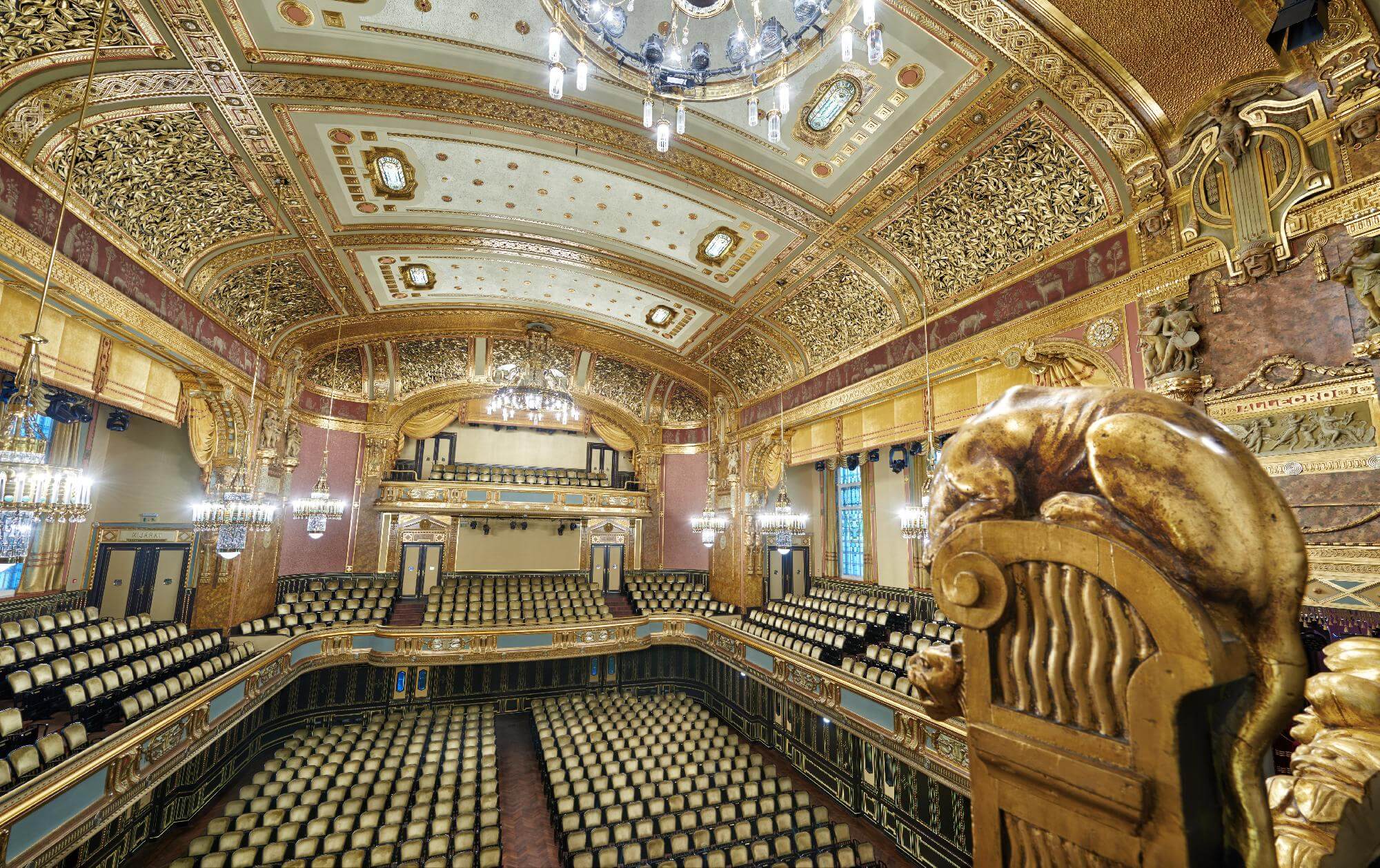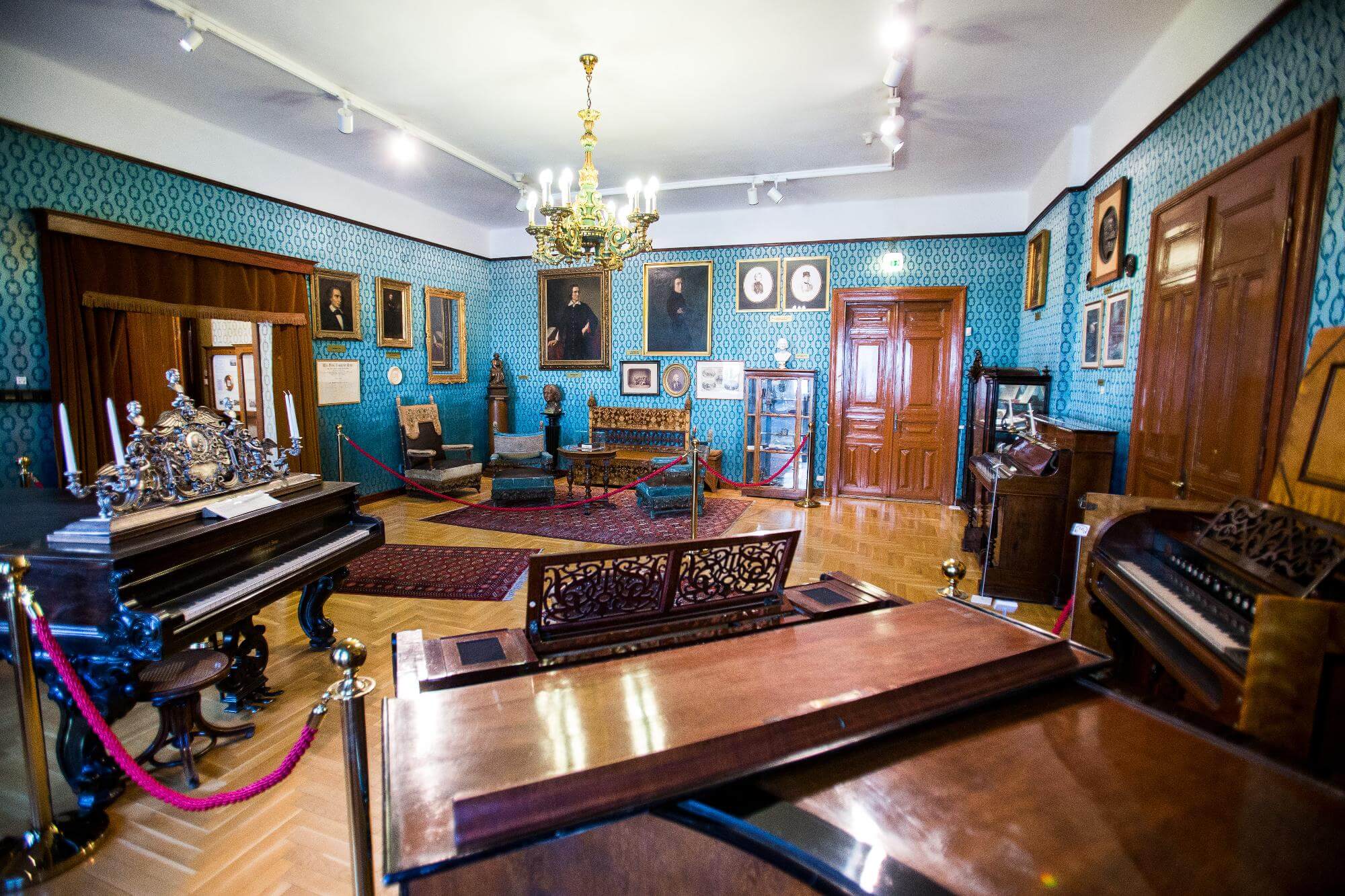This website uses cookies so that we can provide you with the best user experience possible. Cookie information is stored in your browser and performs functions such as recognising you when you return to our website and helping our team to understand which sections of the website you find most interesting and useful.
Liszt Ferenc Academy of Music



The EHL Site
Ever since its foundation in 1875 the mission of the Liszt Ferenc Academy of Music has been to help young Hungarian musicians develop their talent as well as to enrich the Hungarian classical music scene and improve the quality of Hungarian musical education. In previous decades, our institution served as a guardian of the principles laid down by our founder Ferenc Liszt besides being a caretaker of all the intellectual heritage handed down by the alumni of our Academy ever since. It is not enough to conserve intellectual heritage but we need make sure it is used in a practical, effective way, always adapting to the current needs of education and the digital era.
As a university and concert centre the Liszt Academy stands as one of the premier institutions of Budapest, capital of Hungary. Its roots stretch back to the birth of this metropolis standing on the banks of the Danube, geographically speaking it lies in the heart of the city and its spiritual and artistic influence is enormous. The core of musical knowledge, the venue for the training of new generations of musicians, it informs public tastes, improves the quality of life, and is both educating and uplifting. It is a democratic institution in that it holds talent and quality to be the measures of worth. Its leading role in the life of Budapest, the Silicon Valley of music, is undisputed.
The Institution’s main activities are the following:
- higher music education in every instrument, in musicology, theory and pedagogy on graduate and post-graduate (DLA, PhD) level as well
- concert management and concert organisation
- music pedagogy development on national and international level
- publishing (books, CDs, scores)
- public library, heritage preservation, museums and archives
European dimension
The name of an exceptional talent determining the entire spirituality of the Liszt Ferenc Academy of Music hallmarks the special role with which the Academy of Music clearly defines and shapes our common European culture and history. Liszt embraced progressive European ideals in Vienna, and later in Paris. He toured the whole of Europe which irrevocably rendered him a citizen of the world, a true cosmopolitan. He learnt to respect the customs of different peoples and spread the ideal of quality music wherever he went. As of his Weimar period, Liszt took on students from all over Europe, and therefore his progressive human and musical ideas had followers in every part of the world.
Also, today, musicology and the art of music see Liszt Ferenc as an open and innovative spirit who was receptive to every valuable trend of European culture and attempted to create a universal and enduring value through his oeuvre. It is this tradition that the Academy of Music preserves and carries on, and it is the very centre of the international “Liszt cult”.
The Kodály Method as a significant European movement, the music teaching approach developed by the institution’s former professor, Zoltán Kodály revolutionised the system of music education not only in Hungary but also throughout Europe. The method greatly contributed to the standardisation of the various music pedagogy systems. By now, Kodály’s method has become the common denominator and language of most music teachers and schools around Europe.
The oeuvre of Béla Bartók is also outstanding in European terms. He systematically collected samples of Hungarian, and then Slovak folk music, happened upon the ancient strata of Hungarian folk music in Transylvania, and his collection also extended to samples of Romanian and Arabic folk music. He was highly recognised in Western-Europe as well, thanks in particular to his concert tours in England, Paris and the Netherlands.
The organization
The Lizst Academy is one of the oldest music universities in the world and is managed and directed as such entity. The organization rests on a series of governing bodies typical of these entities such as the senate or the consistory that are all lead by the chancellor of the universities. Numerous private and public foundations support the Liszt Academy through endowment, donations and legacies.
